 FREEPIK
FREEPIKMillions of people around the world live their lives in search of a place they can call home. After all, access to adequate shelter remains a challenge, particularly in areas affected by natural disasters, conflict, or rapid urban growth.
Homelessness charity Depaul International estimates 4.5 million people are experiencing homelessness in the Philippines, and about two-thirds of this number are in Metro Manila.
To combat this, both government initiatives and the efforts of private organizations and nongovernment organizations are addressing the housing crisis, which often becomes magnified during times of peril and uncertainty.
The main housing program of the administration of President Ferdinand R. Marcos, Jr. is the Pambansang Pabahay Para sa Pilipino (4PH) Program, which aims to build 6.5 million housing units through government-led housing initiatives and address the country’s current housing backlog by building one million housing units yearly until 2028.
Established under Executive Order No. 34, s. 2023, the government’s flagship program was conceptualized to address the country’s current housing needs and features an innovative framework that has eased the burden brought by two major bottlenecks in the housing sector: affordability and access to funds.
Headed by the Department of Human Settlements and Urban Development (DHSUD), the latest news on the project includes the launch of a website dedicated solely to the endeavor, offering information and services related to the government’s flagship program. Additionally, it has been reported that a total of 42 private developers have committed to deliver 251,846 socialized housing units under the administration.
In the same way, the National Grid Corporation of the Philippines (NGCP) has also helped the cause in recent years. Together with Gawad Kalinga, the NGCP turned over a housing project in 2020 to the City Government of Valenzuela, which cost over P82 million, and comprised of 22 three-storey low-rise buildings with 792 units.
As the power grid operator, the NGCP worked with the City of Valenzuela to relocate residents previously living within the transmission right-of-way corridor to prevent any accidents from happening due to their proximity to the high-voltage power lines. The housing project is located in Disiplina Village, Lingunan, Valenzuela City, and is a joint in-city housing project for informal settler families.
Several developers have also given back to communities through their corporate social responsibility. Among the big names providing housing assistance is the real estate arm of the Lucio Tan Group, Eton Properties, which has provided safe, dignified housing for underserved communities in Nueva Vizcaya, in partnership with the Tan Yan Kee Foundation.
Named the Eton Bahay Liwanag Project, the developer recently turned over four newly built homes in the area to carefully selected families based on their circumstances and resilience despite difficult living conditions in the hinterlands of Nueva Vizcaya. Launched in 2019, the Eton Bahay Liwanag Project has completed 12 homes in the province to date.
Similarly, DMCI Homes has been actively supporting social housing initiatives in partnership with Habitat for Humanity Philippines and local governments through its Kaakbay sa Pamayanan program.
The company’s efforts include a P4-million donation to help construct homes for poor families and teachers in the Bistekville I project in Quezon City, as well as sponsorship of 92 homes at a relocation site for informal settlers in Parañaque. Volunteers from DMCI Homes also contribute directly by painting and maintaining these houses, helping to provide safe, affordable shelter for disadvantaged communities.
Nongovernment organizations (NGOs) have also done their part in building homes for Filipinos. For example, Habitat for Humanity Philippines brings people together to build homes, communities, and hope, “seeking to put God’s love into action.”
In 2019, Habitat for Humanity joined forces with the Hilti Foundation to expand the use of disaster-resilient Cement Bamboo Frame Technology and help close the housing gap in Negros Occidental. Named the Negros Occidental Impact 2025 (NOI25), the initiative seeks to create sustainable communities where homes are safe, green, resilient to disasters, and supportive of families’ long-term security and well-being. Six years later, the NGO has built over 400 disaster-resilient homes and helped families live in sustainable communities.
Likewise, the Manny Pacquiao Foundation, named and founded on behalf of boxing legend Manny D. Pacquiao, has programs aimed at creating lasting change for communities and inspiring people to make a tangible difference in the world. Among the group’s programs is a housing project that has already constructed 300 homes in three locations for hundreds of families in need.
Addressing the housing crisis in the Philippines requires the combined efforts of government programs, private developers, and NGOs working to provide safe, affordable, and resilient homes. Through these partnerships, more families can gain the shelter that they need to thrive. — Jomarc Angelo M. Corpuz

 7 hours ago
3
7 hours ago
3
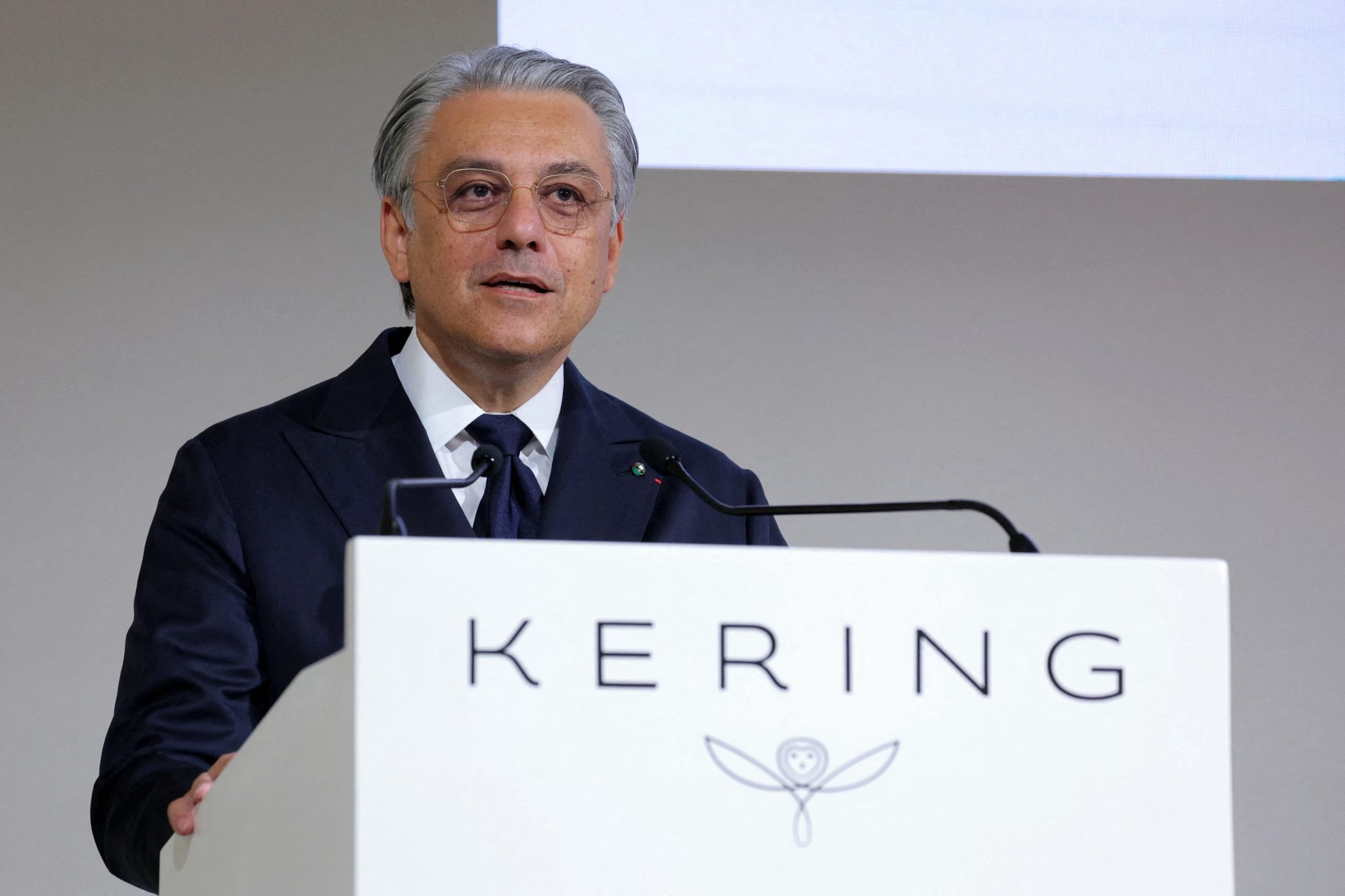

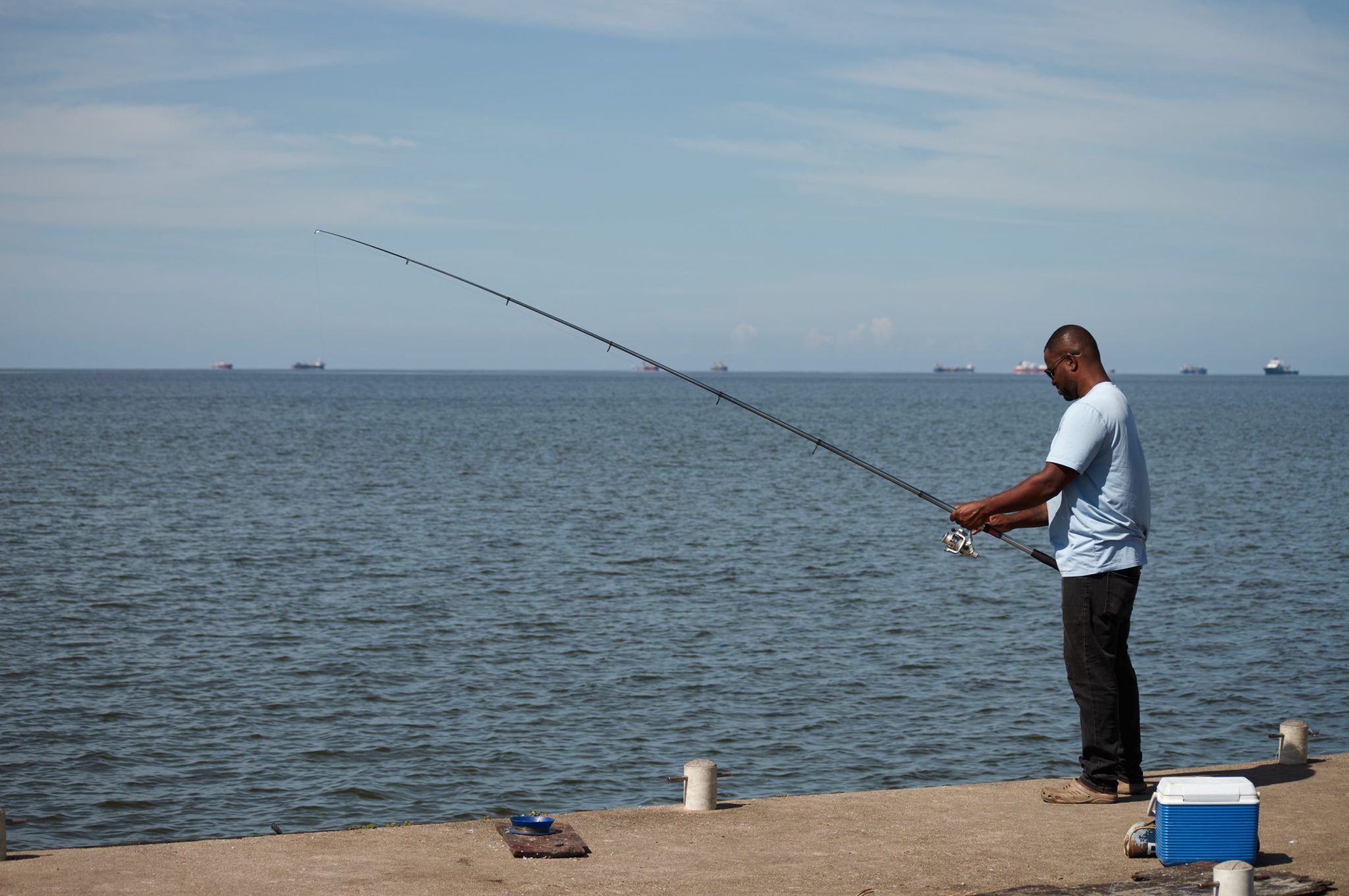
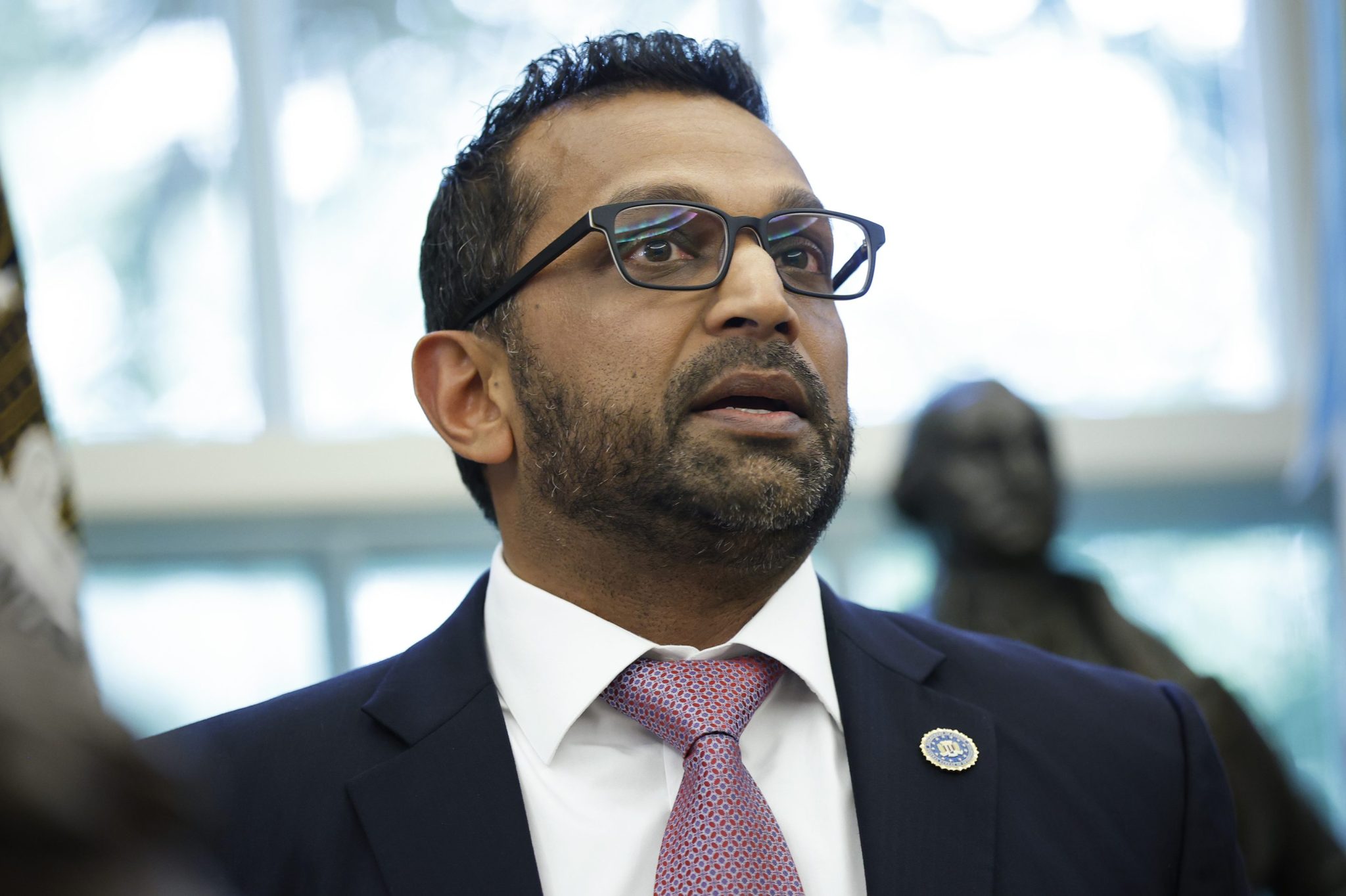
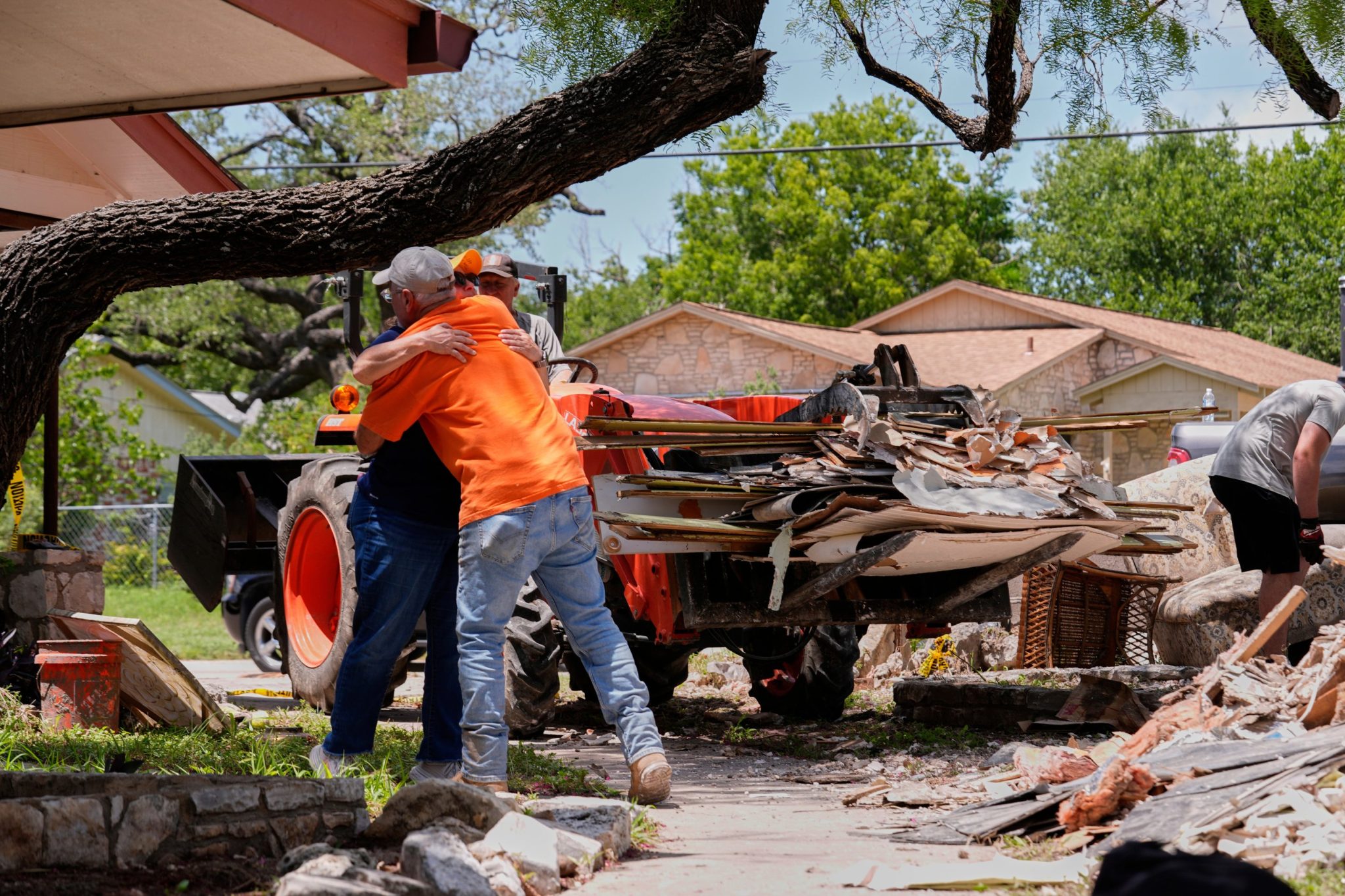

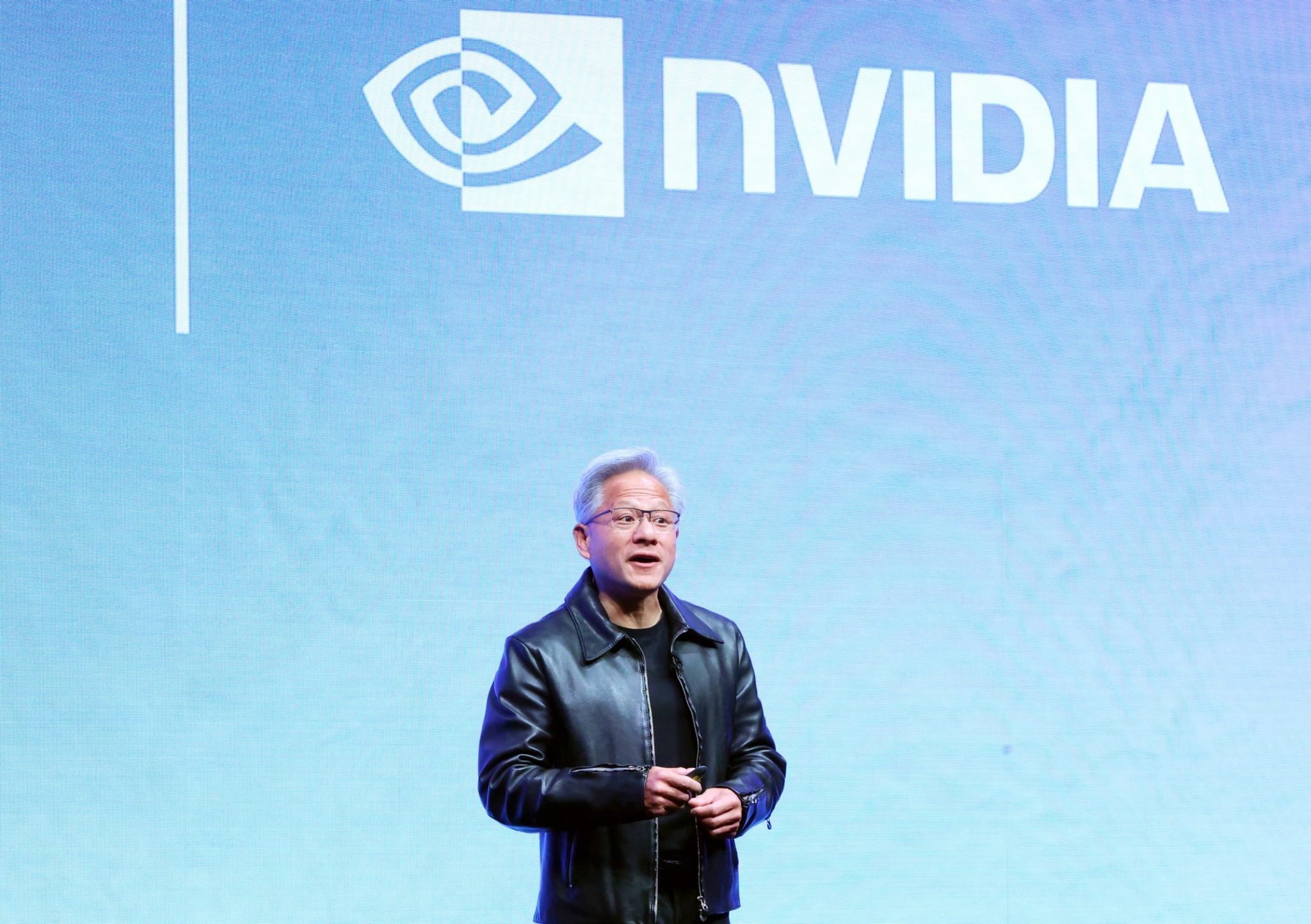
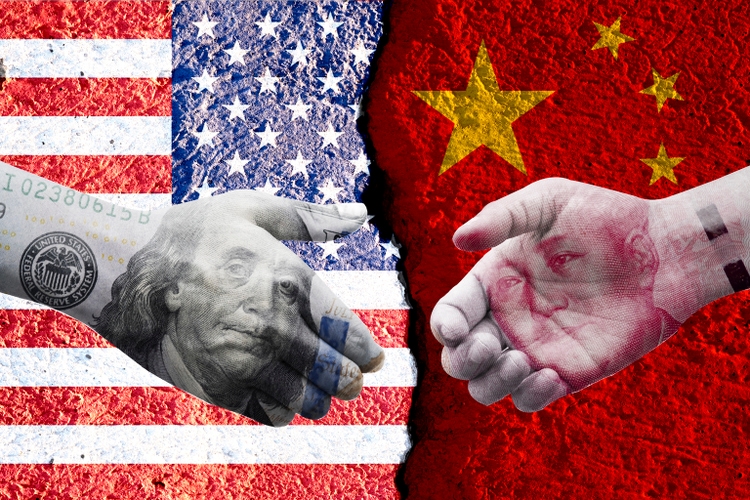
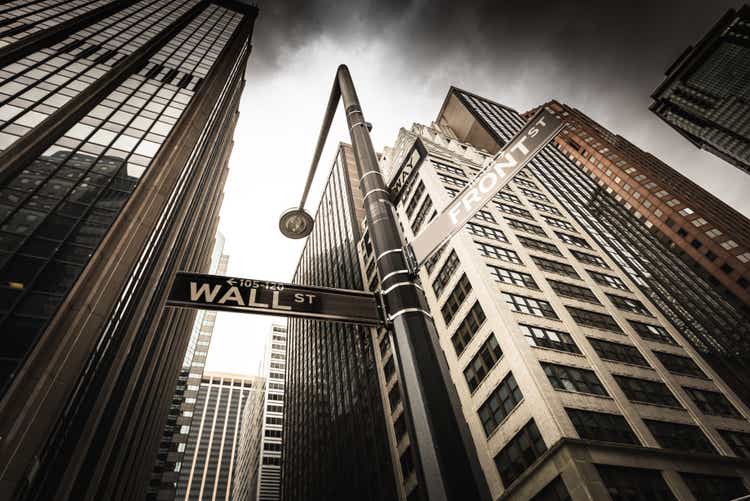

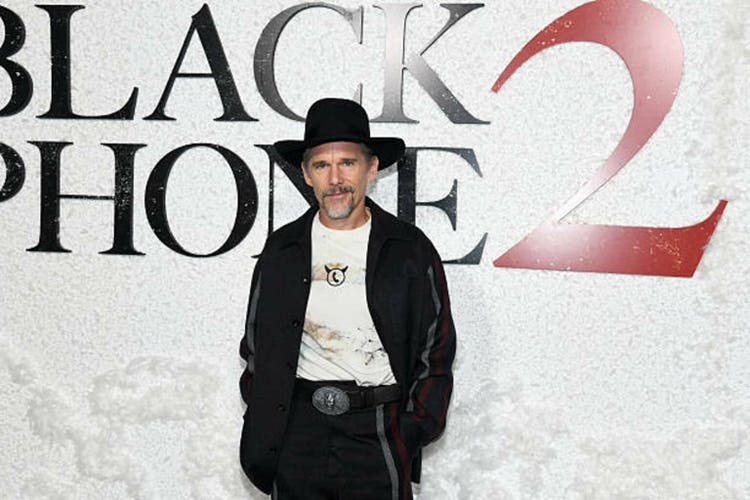


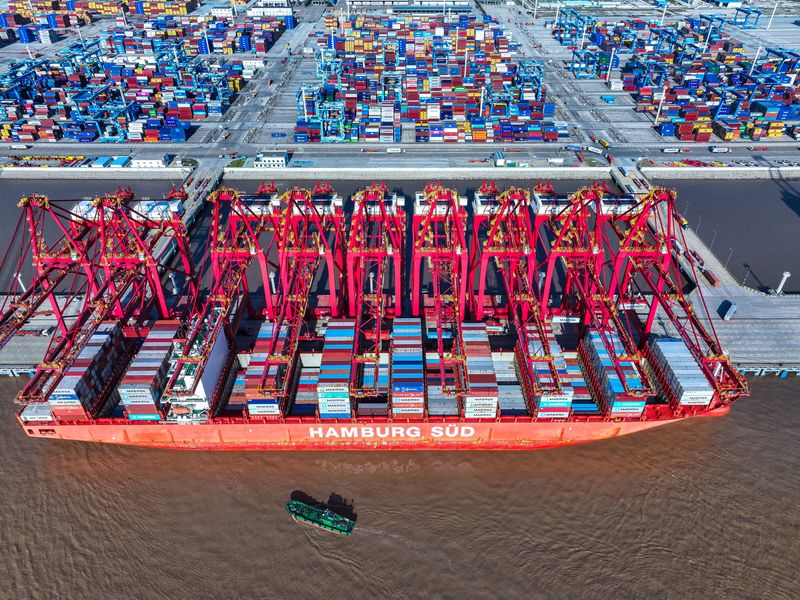
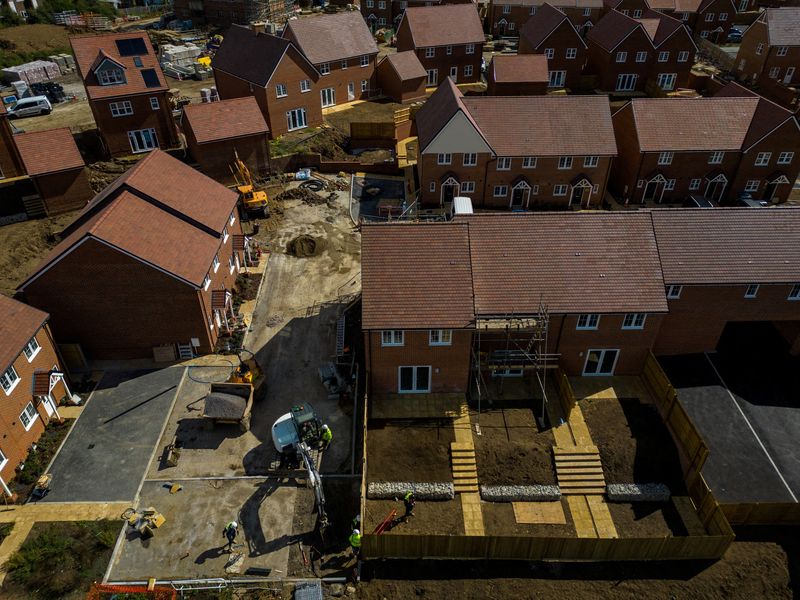
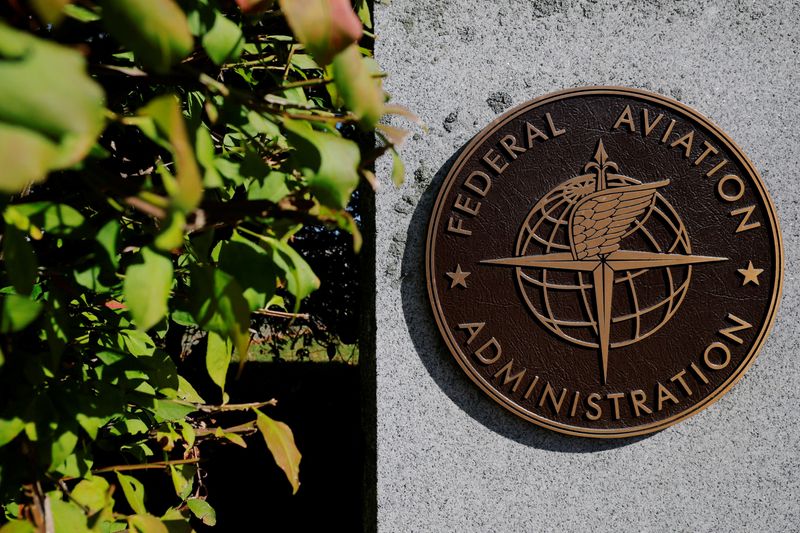
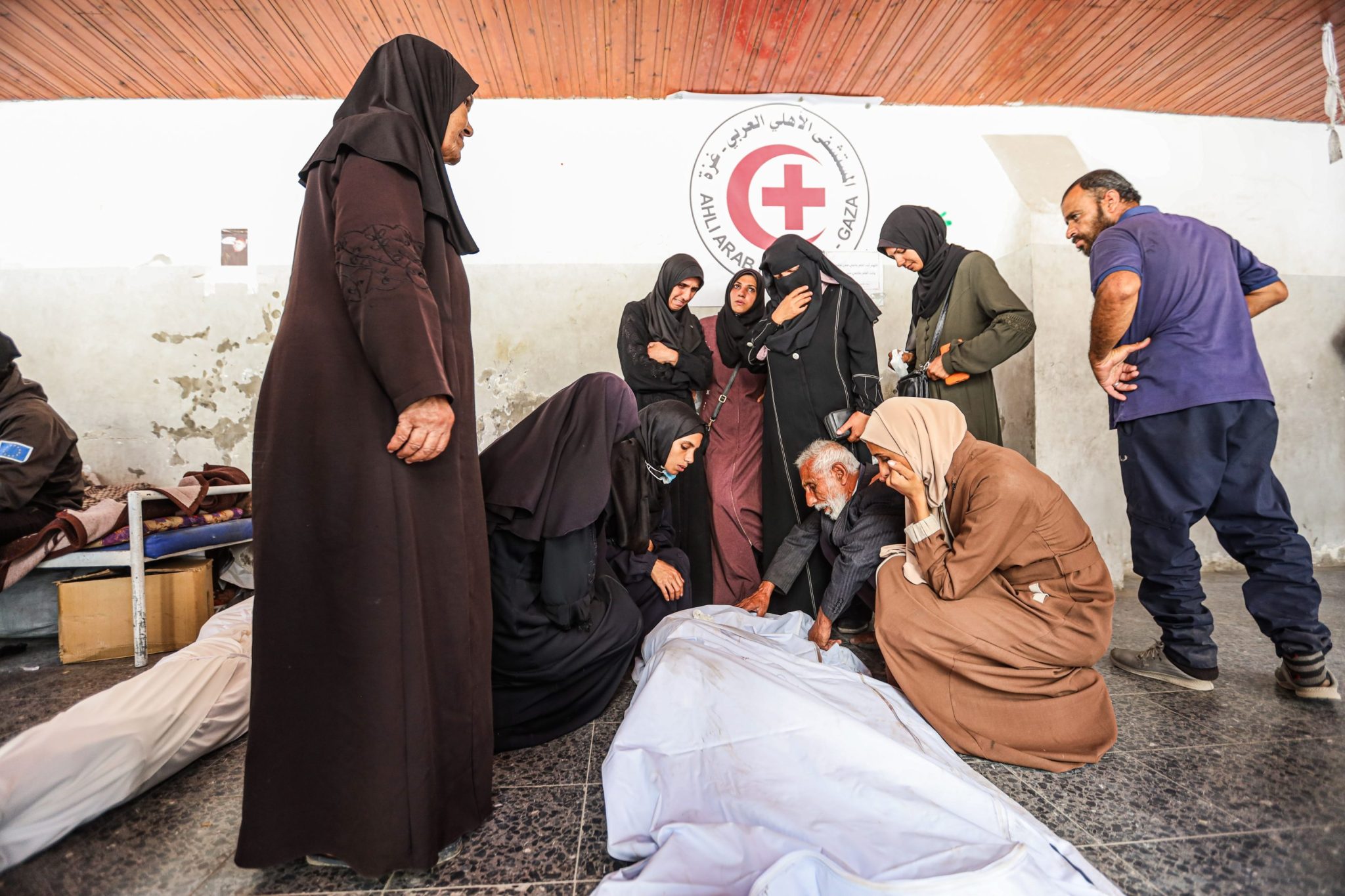


 English (US) ·
English (US) ·